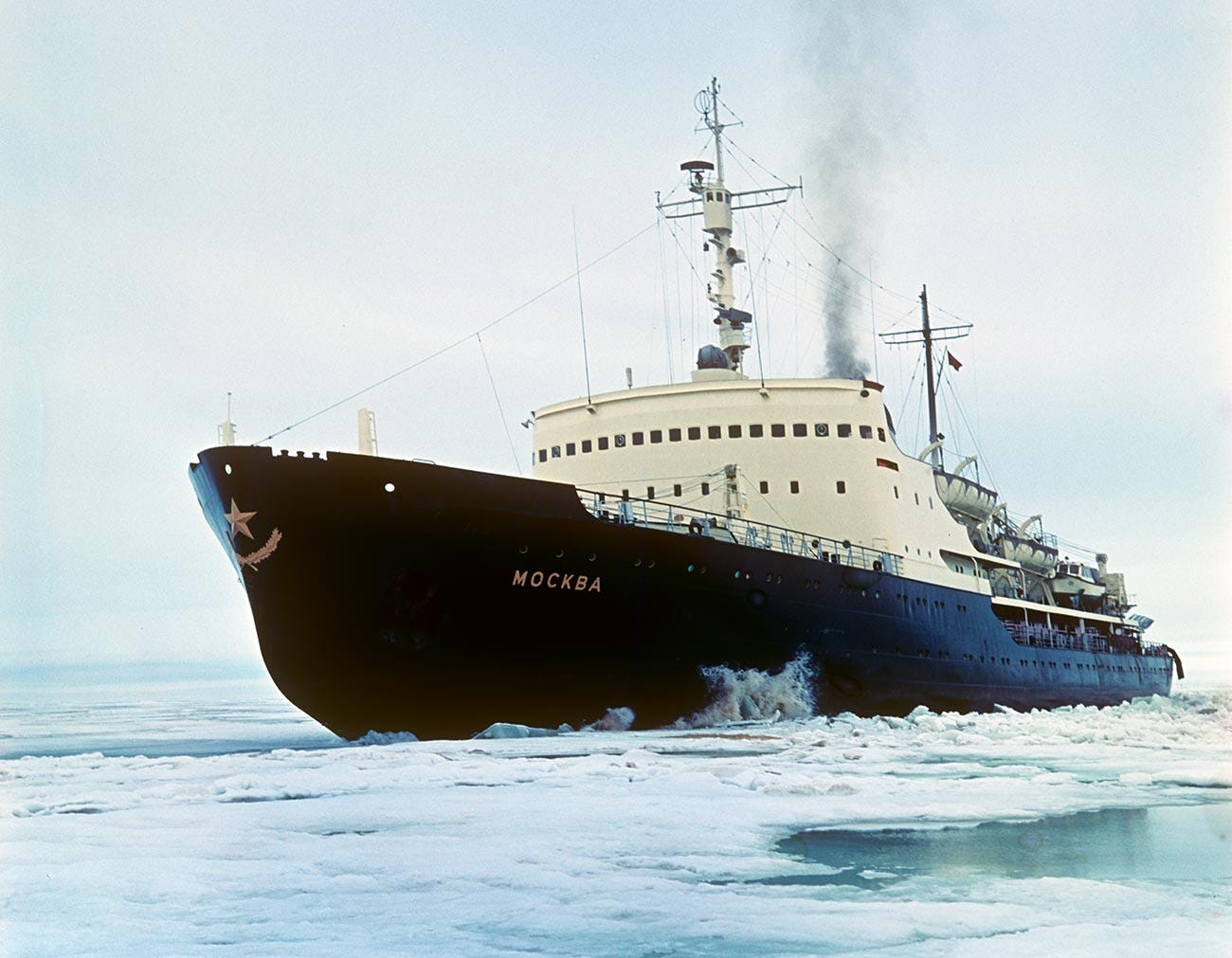How classical music saved 2,000 belugas
A story, quote and lesson about thinking outside the box
Adversity fuels creativity
The icefields of the Chukchi Peninsula were especially unforgiving in the winter of 1984. A local hunter had stumbled upon a harrowing scene: a herd of nearly 2,000 beluga whales, trapped and gasping for air in shrinking pools of open water.
Like most marine mammals, belugas must surface regularly to breathe. While they are used to breaking through thin ice to reach the air, the winds had swept in massive sheets of drift ice—up to 12 feet thick—blocking their escape to the open sea.
The locals tried keeping them fed using frozen fish and keeping the existing breathing holes open. However, they soon realized that if the belugas weren’t freed soon they were doomed to perish from overcrowding.
It wasn’t until February 1985, almost two months later, that the Russian icebreaker Moskva was called in to help break a channel through the ice and free the trapped belugas (Moskva is a transliteration of "Москва", meaning Moscow in the Russian language).
On February 22, the ship finally reached the beluga’s location. However, to the dismay of the crew and civilians, the whales were hesitant to follow the ship to safety. Whether it was the harrowing hum of the ship’s engines or the looming presence of its hull, the belugas simply refused to trust this unknown machine.
The Moskva’s captain, Anatoly Kovalenko, had grown weary. The belugas weren’t budging and some of them were beginning to perish. In a desperate, last-ditch effort, the Moskva’s crew recalled that dolphins react positively to music and thus started blasting different genres through the ship’s top deck speakers. Classical music proved to be the beluga’s preference.
After a short time, the whales began converging on the ship’s location, following it as it slowly broke the ice sheets ahead. Although the belugas had begun to follow the ship, it was still a grueling process. They had to keep the music going, ensuring that the whales’ trust was kept intact throughout the whole rescue operation.
“Our tactic is this: We back up, then advance again into the ice, make a passage, and wait. We repeat this several times. The belugas start to 'understand' our intentions, and follow the icebreaker. Thus we move kilometer by kilometer.”
Anatoly Kovalenko, captain of the Moskva (1985)
In the end, the Moskva and its crew, with the help of the local Chukchi people, were able to free nearly 2,000 belugas from their icy trap. Using a mix of perseverance, creativity and a dash of desperation, they had accomplished their goal.
When they tried solving this problem with the “conventional” method of simply opening up a channel through the ice, they realized that the problem was tougher than they expected. It wasn’t until they had their backs against the wall that their creativity flourished and produced the successful idea of playing music.
The same thing happens in our everyday lives. We usually try to solve a problem by employing the same tactics we used in the past. Although past experience is always helpful to set a precedent, it is when we adapt, evolve and think of new ideas that we learn and grow as individuals. Therefore, the next time you face a tough problem, think of it as an opportunity to solve it creatively rather than as a source of stress or concern.
So now I ask you:
What problems are you facing right now that could benefit from thinking outside the box?




This story also reminder me that TRUST is key in our lives and if we do not build it we fail. I thought about a great challeng we are.facing today with a digital transformation initiative where trust of our team members is key to a successful implementation. And human resistance to chang is an inhibitor.